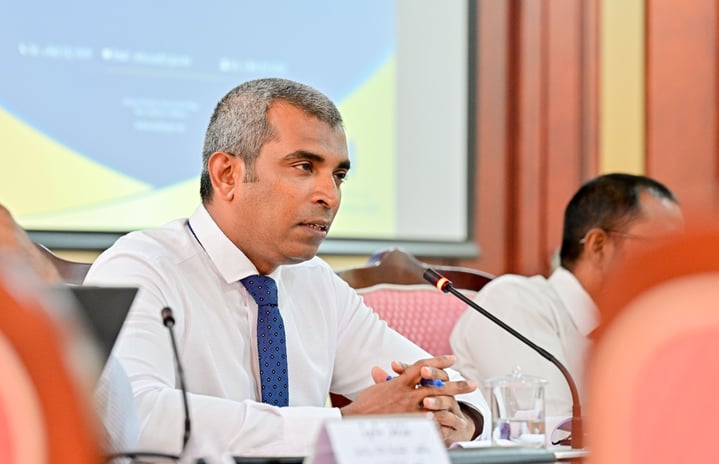Auditor General Hussain Niyazi
stated today at the Budget Review Committee that the state’s proposed budget
for next year lacks details on planned cost-cutting measures, and that the
government's policy on expenditure reduction has now become something that is endlessly delayed.
Addressing the committee regarding
the proposed state budget for the upcoming year, Niyazi asserted that the
reason the government cannot reduce its debt is due to excessively high
expenditure. He also noted that the current spending trajectory is not
sustainable.
"The policy on reducing
expenditures is not at a sustainable level. We all know this. We delay and
postpone this every year. How long can we keep putting this off?" the
Auditor General questioned.

The Auditor General expressed
concern that unlike previous years, the details of cost-cutting measures are
absent from this year's budget book.
"As a principle, it is
acceptable (not to include something you won't do). There's no need to include
something that won't be executed. However, the question is, how long can we
postpone this? That is what needs to be looked at," he stated.
Niyazi cautioned that without
expenditure reductions, the debt issue will only worsen, leading to an increase
in debt. He recommended Parliament to ask the Ministry of Finance for guidelines
on cutting expenditures, even as the budget is being approved. In addition,
Niyazi emphasized the importance of transparently including project details in
the budget book, describing this as a best practice.
While the budget may not disclose
the principles used to determine which islands receive projects, he trusts that
the information is available to them during their audit processes.

"When the Parliament passes a
budget, you (MPs) need to know how those matters (project details) were
finalized; we receive that information when we audit. However, it is not in the
budget book," the Auditor General said.
In the advice provided by the Audit
Office concerning the budget, they noted that while the Ministry of Finance has
a plan for repaying large debts next year, the steps taken will likely increase
the debt portfolio. The Audit Office advised that to resolve this, the
government must adhere to the targets outlined in the medium-term debt
strategies.
The Audit Office also highlighted
that the deteriorating fiscal situation has already caused significant
challenges in securing external loans in recent years, leading to increased
pressure on domestic borrowing.
The proposed state budget submitted
to the Parliament for the coming year amounts to MVR 64.2 billion.




